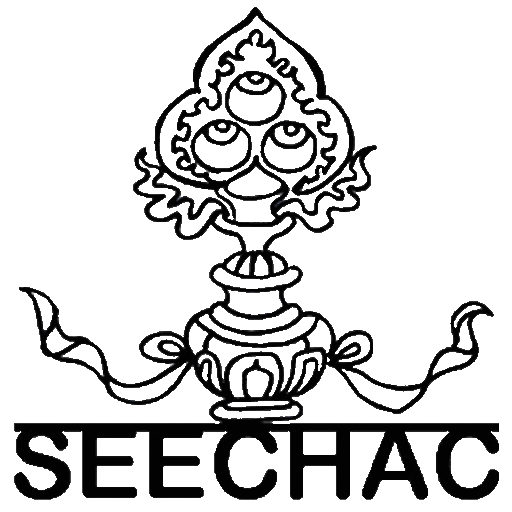Par Ken Liberman, Professor Emeritus, University of Oregon, Hans Christian Anderson Visiting Professor, Suddansk Universitet
Dans le cadre des Conférences de l’IMM
et à l’invitation du séminaire
« De l’ethnographie aux ethnométhodes : l’ethnométhodologie et l’analyse de l’ordre social situé »
organisé par Michel Barthélémy, Laurent Camus, Baudouin Dupret, Barbara Olszewska, Julia Velkovska
le 12 juin 2015, de 14h à 17h,
Salle Jean-Pierre Vernant, 8ème étageLe France, 190 Avenue de France 75013 Paris
Présentation de la séance
Logical forms, while having universal pertinence, are at the same time local forms of social organization, and philosophy as we know it owes some of its character to its being able to provide an orderliness that can manage the intersubjective thinking of philosophers who collaborate with each other. Even while formal analysis helps us to think, simultaneously it limits what we can think. The formal logical apparatus that we introduce to provide caution and comprehensive scope can so captivate the reflecting that parties become caught up inside the formal structures, a phenomenon that sometimes goes by the name of sophistry. The structures that facilitate clear communication between collaborating philosophers get reified, in part because that is what is required for the stability of any social orderliness, but the result may be that our scope becomes limited instead of expanded.
In this talk I present many videotapes of formal public philosophical debates that I recorded while spending four years living inside the monastic universities of the Tibetan exile community in India. I use these videos to illustrate how logic is an instrument with which Tibetan philosopher-monks render their thinking orderly and provide a means of discourse with which clear communication among philosophers can be fostered and maintained. I analyze a number of these tapes and transcripts ethnomethodologically for the in situ, local, contingent details of the production of sound thinking, attempt to discover how good philosophy can be distinguished from sophistry, and describe ways that the Tibetans formalize their thinking in order to introduce rigor and recollection into their analyses.
La conférence sera introduite par Baudouin Dupret. Elle est ouverte à toutes les personnes intéressées.
Deux ouvrages de Ken Liberman se rapportent directement au thème de notre séance :
- Dialectical Practice in Tibetan Philosophical Culture: An Ethnomethodological Inquiry Into Formal Reasoning, Lanham, Maryland: Rowman & Littlefield, 2004.
- More Studies in Ethnomethodology. Albany, NY: SUNY Press, 2013.

